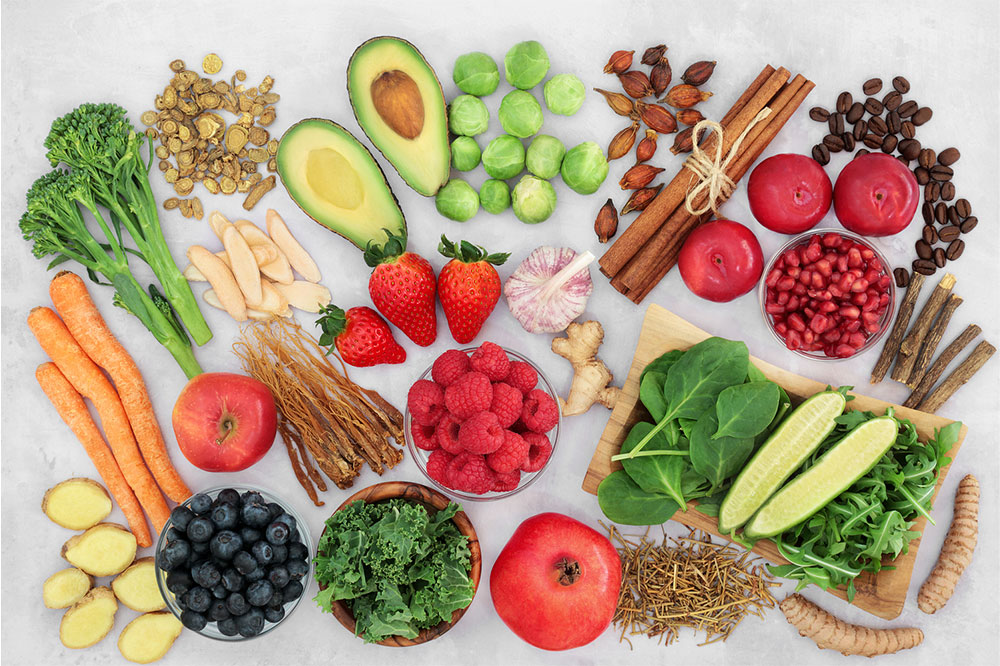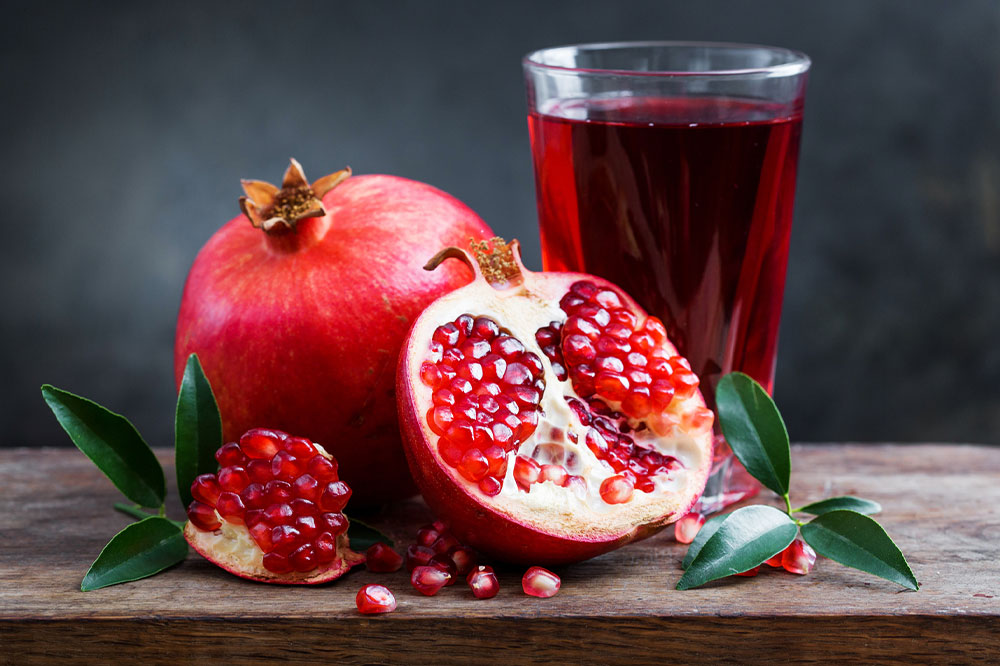Nutritional Strategies to Alleviate Asthma Symptoms Naturally
Explore effective nutritional tips for managing asthma symptoms naturally. Incorporate vitamins, herbs, and omega-3 rich foods to enhance lung function and reduce flare-ups. Proper hydration and a balanced diet are key components to controlling asthma. Always seek professional advice for personalized treatment.

Effective Nutritional Approaches for Managing Asthma
Asthma is a persistent respiratory disorder that causes difficulty breathing, wheezing, and chest tightness. Although there is no cure, proper medication and lifestyle adjustments can improve quality of life. Nutrition plays a vital role in controlling symptoms and preventing flare-ups. Incorporating specific foods into your diet may help reduce the frequency and severity of asthma attacks. This article highlights key foods beneficial for natural asthma management.
Fruits and Vegetables
Rich in essential vitamins and minerals, fruits and vegetables support respiratory health. Vitamin A, found in leafy greens like kale, spinach, romaine lettuce, and broccoli, enhances lung function.
Magnesium-rich greens such as spinach and Swiss chard can improve lung performance. Carrots and sweet potatoes loaded with beta carotene further support respiratory health. Fruits like apples and oranges are packed with vitamins C and E, which help reduce lung inflammation. Bananas, abundant in potassium and antioxidants, can help ease wheezing episodes.
Foods Rich in Vitamin D
Vitamin D is essential for immune function and may lower childhood asthma risks, especially in children aged six to 15. Besides sunlight exposure, foods like salmon, eggs, fortified milk, and orange juice boost vitamin D levels naturally. Fortified snacks, bread, and cereals are convenient options. Salmon also offers omega-3 fatty acids, which help reduce inflammation and improve breathing.
Herbs and Spices
Ginger, known for its anti-inflammatory properties, can soothe respiratory discomforts. Consuming fresh ginger in teas or meals can relax airway muscles. Garlic also helps clear lung congestion and reduce airway inflammation. Turmeric, containing curcumin, has powerful anti-inflammatory effects, aiding in better asthma control.
Hydration remains crucial; drinking plenty of water helps loosen mucus and maintains lung moisture, making breathing easier. Proper hydration supports overall respiratory health.










